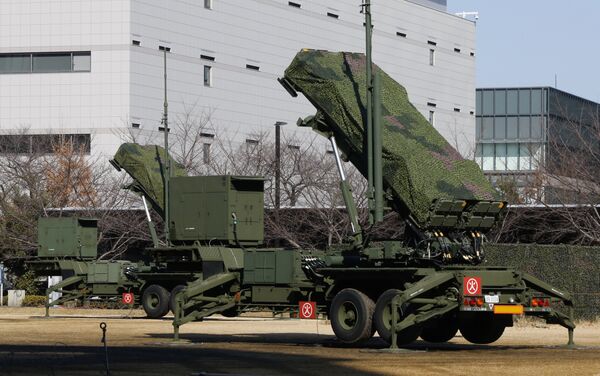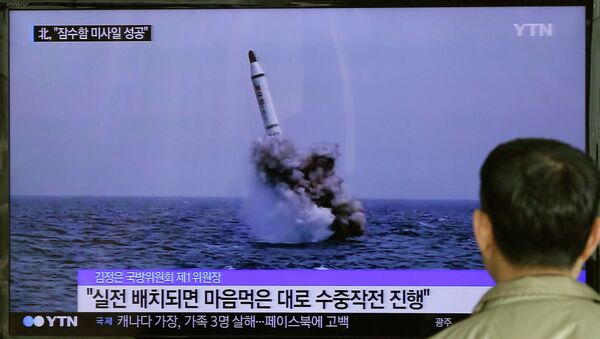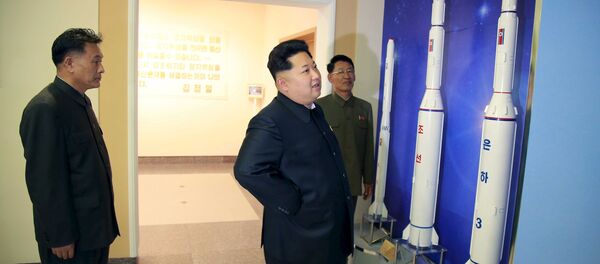"It has some pretty serious security implications for the region and for American security," Fleitz said.
The policy analyst shares the view of experts who believe that North Korea's claim that it will be launching a satellite is a cover for a missile test.
On Tuesday North Korea notified the UN's International Maritime Organization that it intends to launch an "earth observation satellite" between February 8 and 25.
Pyongyang last launched a long-range rocket in December 2012, which it also described as a communications satellite.
"A nuclear weapons program has three legs: developing the nuclear fuel (the hardest part), developing the warhead, and the delivery system, and there's simply no doubt that the missile program that North Korea has been developing is its nuclear weapons delivery system."
Fleitz said that the Japanese have legitimate concerns about their safety, given the past waywardness of some North Korean rockets, to which North Korea has responded in the past.
"The Japanese are worried about this because the North Korean missile program doesn't have a very good record. A lot of the missiles have not launched, or they've blown up on the pad or they've only gone a short distance."
"Japan is worried one of these rockets may crash into Japan, I think it's a legitimate concern."
"For this reason, starting with the last launch after Japan threatened to shoot down its missiles, North Korea has used a trajectory that did not go over Japan. In the 1990s they flew a missile over Japan and the Japanese were outraged."
"I don't think the North Koreans are going to do that again."
"China is a break on anything the Security Council can do. It will try to allow certain sanctions to pass in certain circumstances, but China continues to be North Korea's protector on the UN Security Council and really tough sanctions against North Korea have never been able to pass because of the Chinese Security Council veto."

Suga said Japan was concerned about the trajectory of the projectile, which it expects to be launched from a site in western North Korea and then fly over part of the Sakishima island chain of Okinawa Prefecture.
South Korea warned that the North "will pay a severe price… if it goes ahead with the long-range missile launch plan."
"North Korea's notice of the plan to launch a long-range missile, coming at a time when there is a discussion for Security Council sanctions on its fourth nuclear test, is a direct challenge to the international community," the South Korean government stated.




